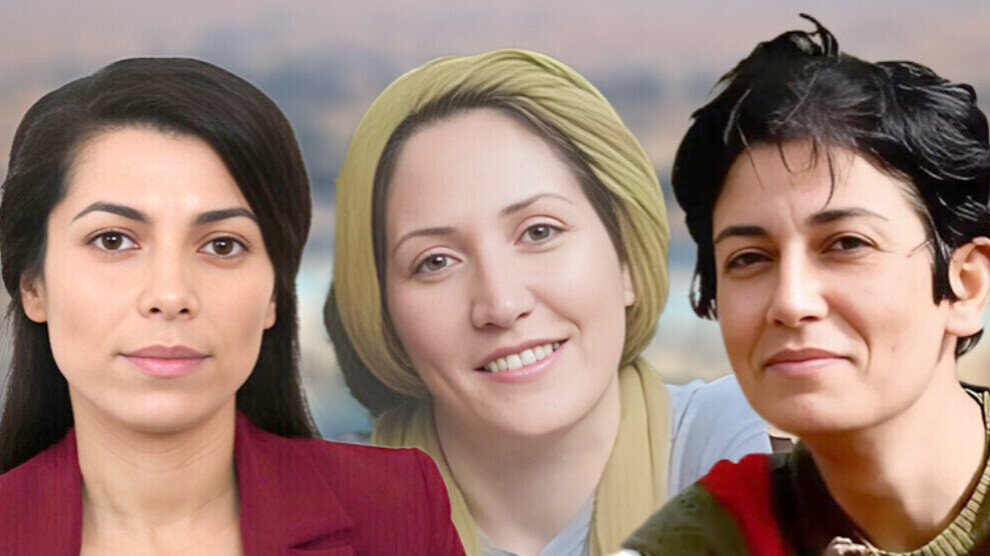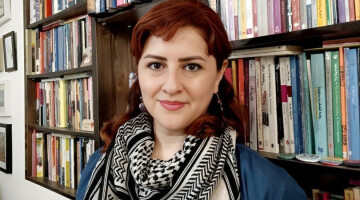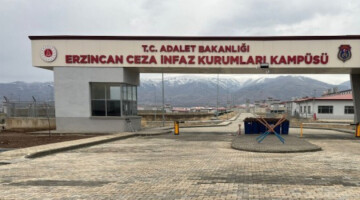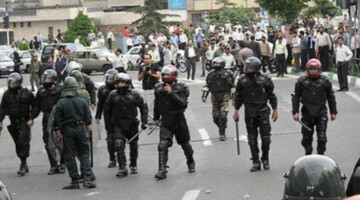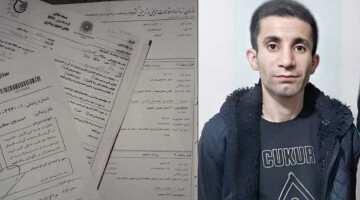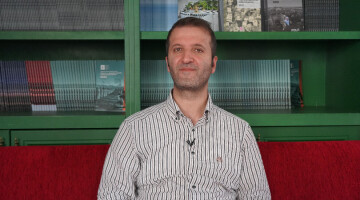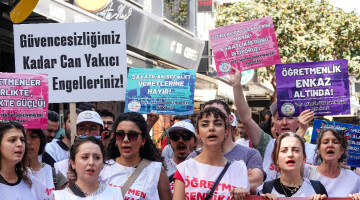Nobel Peace Prize laureate Narges Mohammadi addressed the Italian Parliament’s Standing Committee on Human Rights on Thursday.
The session “Fact-Finding Inquiry into the Promotion and Protection of Human Rights,” chaired by Hon. Laura Boldrini, focused on human rights in Iran.
Narges Mohammadi, Nobel Peace Prize laureate, journalist, writer, and prominent human rights and women’s rights activist, delivered a virtual address to the Italian Parliament. Currently imprisoned in Evin Prison, she is temporarily out on a sentence suspension but is required to return to prison soon.
On September 4, 2024, Mohammadi was granted a suspension of sentence due to urgent medical needs after being denied treatment for an extended period. The suspension ended on December 25, and she was expected to return to prison. However, on December 28, her lawyer submitted a request to the Legal Medicine Organization for an extension, supported by medical reports. The request was approved on December 31 and sent to the prosecutor’s office for a final decision. Meanwhile, Mohammadi remained outside prison in an act of civil disobedience, rejecting the legitimacy of Iran’s judiciary.
Narges Mohammadi has been arrested and imprisoned many times in Iran and has spent a total of 10 years behind bars, including 135 days in solitary confinement. Upon her return to prison, she faces an additional 11 years of incarceration.
In her remarks, Mohammadi highlighted the need to end gender apartheid, called for an end to executions in Iran, and emphasized the ongoing struggle for human rights and women’s rights in the country.
She also addressed Iran’s transition from religious tyranny to democracy and the challenges the country faces on this path. She highlighted the cases of three activists currently facing execution in Iran—Varisheh Moradi, Pakhshan Azizi, and Sharifeh Mohammadi—urging the Italian Parliament to take a firm stance against the Iranian government. She called on Italian lawmakers to prioritize human rights in all negotiations with Iran, place the fight against gender apartheid at the top of their agenda, and work to end executions while amplifying the voices of the Iranian people.
Narges Mohammadi, in response to the claims made by the Islamic Republic regarding the absence of sexual harassment and the suppression of women in the “Woman, Life, Freedom” movement, which were presented to Italian representatives, stated: “I am prepared to testify in any court about cases of sexual harassment and rape against women. I have witnessed numerous instances of such violence and have many accounts from women that I can testify about. I consider these claims by the Iranian regime to be lies and deceit, and I clearly declare that the Islamic Republic systematically uses rape and sexual abuse as tools to suppress women.”
The Introduction Speech by Narges Mohammadi to the Standing Committee on Human Rights – Fact-Finding Inquiry into the Promotion and Protection of Human Rights – Hearing reads as follows:
“Honorable Members of the Italian Parliament,
I am very pleased to have the opportunity today to speak among you, the elected representatives of the Italian people.
I speak to you at a time when Iranian society is going through difficult and turbulent days filled with protests. University students, women, young people, teachers, workers, retirees, and various sectors of the population take to the streets every day to demonstrate, strike, and protest against the Islamic Republic.
The economic and living conditions of the people are worsening day by day. Poverty, unemployment, and inflation have fueled the people’s anger. The country’s environment is at risk of destruction, and the regime responds to these protests with street killings, executions, violence, arrests, imprisonment, and unlawful trials. Meanwhile, the economic and social crises are the direct result of the regime’s policies and systematic corruption.
The Islamic Republic is fundamentally an unaccountable regime, incapable of upholding democracy, freedom, and equality. It is an irreformable regime and, beyond that, an ineffective one.
In this situation, the Iranian people—based on their historical experiences and the tireless struggle of activists over the past 46 years—now seek a transition from tyranny to democracy, meaning the end of the Islamic Republic. Because this regime is the embodiment of dictatorship and one of the main obstacles preventing the people from achieving democracy.
It is crucial to emphasize that this fundamental change in Iran is based on the will, awareness, and demands of the Iranian people. The transition away from the Islamic Republic is aimed at establishing a democratic and secular structure in which human rights and women’s rights are guaranteed, and in which civil society serves as the foundation for public participation and empowerment.
Honorable Members,
You are the representatives of the Italian people. I declare to you that the Islamic Republic does not represent or reflect the will of the Iranian people, as there are no free and fair elections in Iran, and the country’s powerful and decision-making institutions are fundamentally appointed, not elected.
You have witnessed the great uprising of men and women in the magnificent Jina movement, the “Woman, Life, Freedom” movement. The women of this land endure systematic oppression, repression, and discrimination under this regime. I ask you, the honorable representatives of Italy, to stand with the women of Iran and Afghanistan against gender apartheid. This struggle is difficult, exhausting, and costly for women and for Iranian society. We need global will and determination to put an end to gender apartheid.
We, the Iranian people, are fighting to build a country that contributes to lasting peace in the world—a country where its people live in security, prosperity, and sustainable development, enjoying a dignified and humane life, and working for regional and global security. A country where women enjoy dignity and human rights, and where young people think about life instead of death.
The road ahead of us is difficult, but it leads to a bright and hopeful future. Our victory is certain, though it will not come easily.
I urge you to stand with the people of Iran.
Respect their will and demands, and offer your support.
With hope for victory.
Woman, Life, Freedom.”

